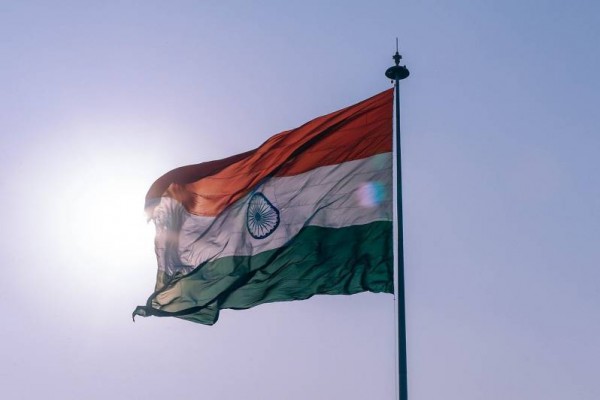India's lower and upper houses pass Digital Personal Data Protection Bill
07/08/2023 | The Economic Times
On Monday, 7 June, India's lower house of Parliament, the Lok Sabha, has passed the Digital Personal Data Protection Bill (DPDPB). The Economic Times reports that the DPDPB lays down the obligations of entities handling and processing data as well as the rights of individuals. Under the new rules, companies are required to protect their first-party data regardless of whether it is stored by a third-party processor and designate a data protection officer.
This was followed on Wednesday, 9 August, when the DPDPB was passed by India's upper house, Rajya Sabha. The bill awaits President Draupadi Murmu's assent.
The Indian Ministry of Electronics and Information Technology (MeitY) has released an overview of the DPDPB's key features, including data fiduciary obligations, data subject rights, grounding principles and innovative features.

What is this page?
You are reading a summary article on the Privacy Newsfeed, a free resource for DPOs and other professionals with privacy or data protection responsibilities helping them stay informed of industry news all in one place. The information here is a brief snippet relating to a single piece of original content or several articles about a common topic or thread. The main contributor is listed in the top left-hand corner, just beneath the article title.
The Privacy Newsfeed monitors over 300 global publications, of which more than 6,250 summary articles have been posted to the online archive dating back to the beginning of 2020. A weekly roundup is available by email every Friday.

